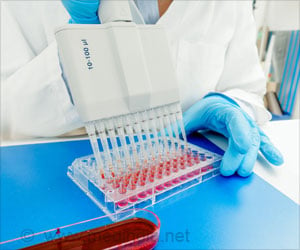
‘HIV affected individuals with depression have 30% greater risk of having acute myocardial infarction compared to HIV affected individuals with no depression.’
Tweet it Now
There is an urgent need to identify novel risk factors and primary prevention approaches for CVD in HIV. Although depression is prevalent in HIV-infected adults and is associated with future CVD in the general population, its association with CVD events has not been examined in the HIV-infected population.Matthew S. Freiberg, M.D., M.Sc., of the Vanderbilt University School of Medicine, Nashville, Tenn., and colleagues conducted a study that included 26,144 HIV-infected veterans without CVD at baseline (1998-2003) participating in the U.S. Department of Veterans Affairs Veterans Aging Cohort Study from April 2003 through December 2009. At study entry, 4,853 veterans (19%) with major depressive disorder were identified.
The average age of those with MDD was 47 years and for those without MDD was 48 years. During 5.8 years of follow-up, 490 acute myocardial infarction (AMI; heart attack) events occurred. After adjustment for demographics, CVD risk factors, and HIV-specific factors, the researchers found that HIV-infected adults with MDD had a 30% greater risk for having an acute myocardial infarction (AMI) than did HIV-infected adults without MDD. This elevation in AMI risk was slightly lessened to 25% after further adjustment for other variables, such as hepatitis C infection, kidney disease, alcohol/cocaine abuse or dependence, and hemoglobin levels.
"Our findings raise the possibility that, similar to the general population, MDD may be independently associated with incident atherosclerotic CVD in the HIV-infected population. Considering the dearth of research in this area, future epidemiologic and mechanistic studies that include women and non-VA populations with HIV are needed," the authors write.
Source-Medindia















